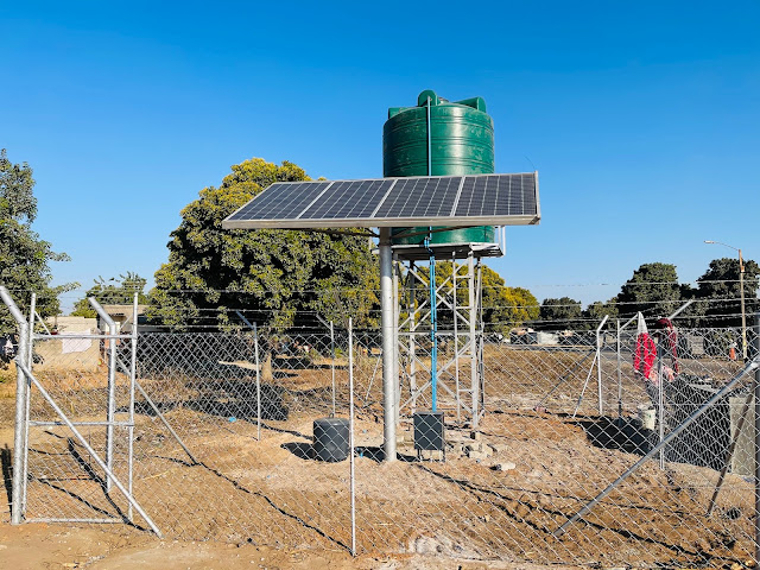 Zimbabwe President Emmerson Mnangagwa says the drilling of 35 000 solar-powered boreholes, one at every village, is uppermost during his second term and he intends to complete the project within a year as a way of preventing cholera outbreaks.
Zimbabwe President Emmerson Mnangagwa says the drilling of 35 000 solar-powered boreholes, one at every village, is uppermost during his second term and he intends to complete the project within a year as a way of preventing cholera outbreaks.
He said this in his weekly column in the Sunday Mail where he said the eradication of cholera was more to do with provision of services than drugs, hospitals and clinics.
Zimbabwe has so far recorded 4 000 cases of cholera this year and just over 100 people have died. The worst outbreak was in 2008 and 2009, where over 4 000 people died.
Buhera is the worst affected district this year.
“Our country comprises 35 000 villages. While great strides have been made in providing safe water points to communities, there is still a big backlog to overcome before we get to that desired stage where all the 35 000 villages have access to clean drinking water, and functional sewer systems. As with urbanisation, this deficit is a key driver to recurring incidences of cholera outbreak in our country,” Mnangagwa says.
“Now that we have mapped the 35 000 villages in the country, government needs to speedily roll out a nationwide borehole drilling programme to ensure that each of these 35 000 villages has access to a clean, safe drinking water point that is solar-powered, and to which is attached a community nutritional garden.
“Such a countrywide intervention, which should be completed within a year, guarantees the defeat of cholera, while fortifying nutritional levels in all our communities.
“This far-flung programme is uppermost during my second term, as part of our Integrated Rural Development Strategy. Together with the ongoing dam construction programme and the development of irrigation projects in every district, we should be able to lift millions out of rural poverty, thus hastening the realisation of our Vision 2030,” he said.
Full article:
(75 VIEWS)

